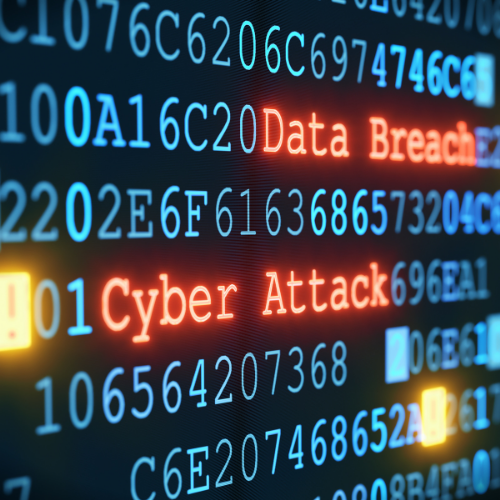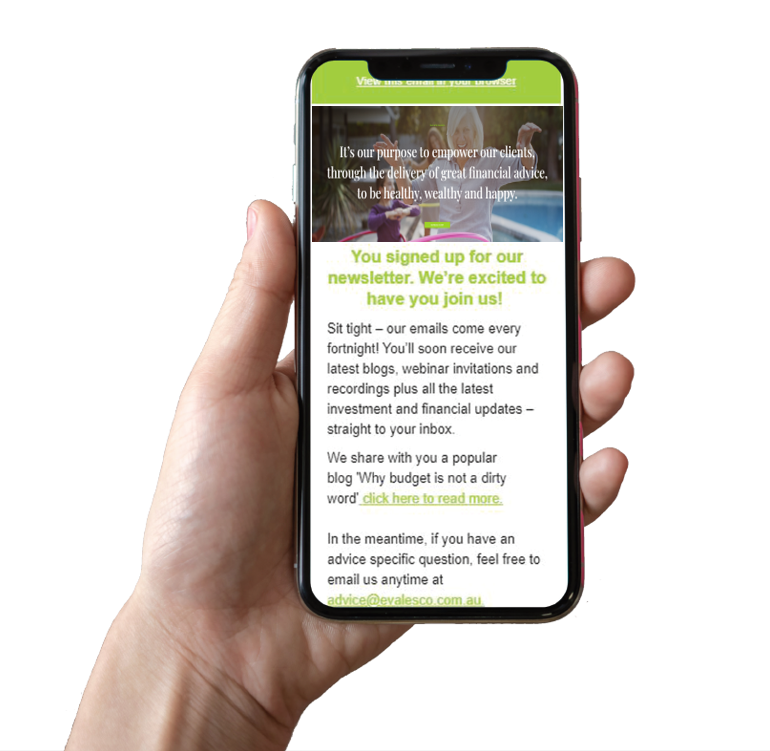Schedule a Chat
Contact Info
Suite 17.03, Level 17
20 Bond Street
Sydney NSW 2000

INSIGHTS WITH EVALESCO
TOPICS DISCUSSED
Last year, Australians reported more than 67,500 cases of cybercrime which cost the nation $33bn. We don’t hesitate to get insurance on physical assets; however we should also consider how we protect ourselves online. Below are some tips to keep in mind and stay vigilant to protect your private data from cybercriminals.
Cybercrime is on the rise
There were more than 67,500 reports of cybercrime in 2020-21, which equates to 1 every 8 minutes. The 2022 Norton Cyber Safety Insights Report say that:
Top reported cybercrimes
Cybercriminals are becoming more sophisticated in targeting individuals to steal their identity and sensitive information such as passwords. Some of the top reported cybercrime types are fraud, online shopping scams and online banking scams. Queensland reported the highest cybercrime incidents (30%), followed by Victoria (29%).
COVID-19 has opened doors for cybercriminals
The Australian Cyber Security Centre (ACSC) has claimed that the surge of people working from home due to COVID-19 created a golden opportunity for criminals to target businesses, resulting in a 300 per cent increase in calls to the centre’s 1300 CYBER1 number last year.
Tips to stay vigilant against cybercrime
The Australian Cyber Security Centre (ACSC) recommend a few tips to protect yourself from cybercriminals and attacks online:
To help protect your wealth and assets, be conscious of who you provide any of your personal and financial details to.
Cyber Security Tips
Staying scam-proof
The best way to avoid scams, is to be aware of the tactics being employed and maintain a sceptical frame of mind. If something seems too good to be true, or if your alarm bells are ringing take your time and do your due diligence before taking any action.
How to stay safe
There are various ways you can protect yourself from cyber-attacks, and you don’t need to be an IT whiz to do so.
Install antivirus and security software
Your first layer of protection should be the use of antivirus and security software, such as Norton or Bitdefender. If you already have this software installed, ensure that it is up to date.
Update software, including all security updates
You also want to stay up to date with your software, so don’t skip those security updates that appear on your computer and phone. You can turn on automatic updates, so you don’t have to worry about missing these.
Secure your home Wi-Fi
As well as having a secure password for your home Wi-Fi, you should also use a strong encryption protocol for your router (currently WPA2 is the most secure type of encryption) – you can check this through your device settings.
Review and update your passwords
If you have had the same password for years and don’t have variations for different purposes, it’s worth updating your passwords. It sounds obvious, but don’t choose a password that will be easy to guess, such as something relating to your street name or workplace.
Opt for multi-factor authentication
Multi-factor authentication provides an extra layer of security when it comes to accessing your devices, making them harder to hack into. An example of multi-factor authentication is the combined use of a secure password, an item such as a security key or token, and a validation such as a SMS or email.
Be aware of scams
Scamwatch.gov.au is regularly updated with the latest scams. Run by the ACCC, this website contains comprehensive and current information on scam attempts such as phishing and extortion. Share this info with family and friends so they also know what to be on the alert for.
Consult with your IT Department
If your workplace has an IT Department, contact them to ask for any additional tips on how you can stay secure working from home.
What we so as advisers to provide security for our clients?
Hackers are becoming increasingly sophisticated. It is important for our Evalesco team to take proactive efforts in order to prevent hacking fraud. Addressing cyber security risk does not need to be overly complicated. There are simple steps that businesses like ours can take, some of them free of charge, to get an essential level of protection in place.
Use a password manager
We use LastPass which helps to keep information secure and safe. This application promotes good password management practices and can help create and securely store strong and complex passwords.
Enable two-factor authentication
We have set up two-factor authentication providing an extra layer of protection to ensure the security of online accounts beyond just a username and password.
This extends to the processes we apply for you, our clients. When our clients request a cash withdrawal via email, we call the client on the phone and confirm that the request that has been emailed through is correct and they made the request, before we process it.
Security within the office
The team lock their cupboards every day so that sensitive client information cannot be accessed in the office after hours.
Security within work laptops
The team delete all working files from our laptops when we work from home every day, after they have been saved in Sharepoint & Xplan.
The team also have access to a Virtual Private Network (VPN) when working from home. VPN is an encrypted and secure connection between our device and the internet. If you, have it activated on your phone, it keeps our data secure and private even on public networks. The team also use Norton LifeLock for their VPN/anti-virus.
Security within virtual meetings
We are comfortable continuing the use of Teams or Zoom meetings so that clients who may still be nervous about Covid, or the nasty flu that is doing the rounds, have the security that they are not at risk from catching it by coming into the office.
The key is that our business views cyber security, and client safety and security in general, as a core component of business risk and business planning and it is regularly revisited and kept front of mind for all staff within the business.
SHARE OUR INSIGHTS
Share on Facebook
Share on Email
Share on Linkedin

NEWSLETTER

Evalesco Financial Services Level 17, 20 Bond Street Sydney NSW 2000
Phone: (02) 9232 6800
The information provided on and made available through this website does not constitute financial product advice. The information is of a general nature only and does not take into account your individual objectives, financial situation or needs. It should not be used, relied upon, or treated as a substitute for specific professional advice. We recommend that you obtain your own independent professional advice before making any decision in relation to your particular requirements or circumstances. Evalesco Financial Services do not warrant the accuracy, completeness or currency of the information provided on and made available through this website. Past performance of any product discussed on this website is not indicative of future performance. Copyright © 2019 Evalesco Financial Services. All rights reserved